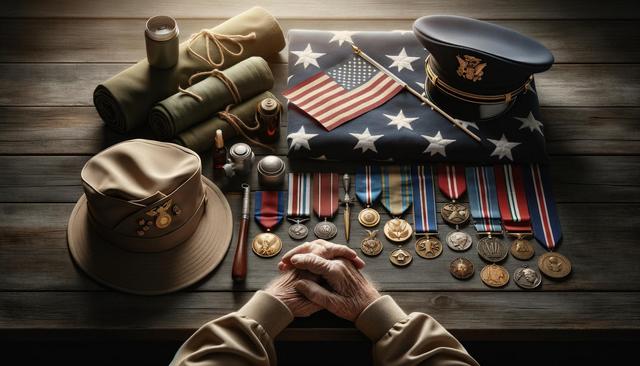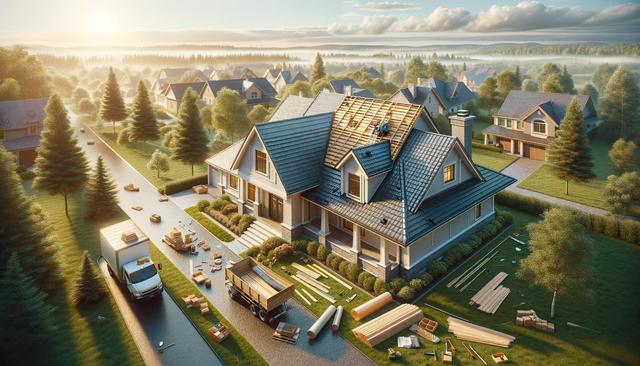
Honoring Senior Veterans: A Legacy of Service and Support
The Unique Needs of Senior Veterans
As veterans age, their needs evolve, and it’s essential to understand the unique challenges they face. Physical health issues such as mobility limitations, chronic conditions, and disabilities are common among senior veterans. Mental health concerns, including post-traumatic stress disorder (PTSD), depression, and social isolation, can also persist or emerge later in life. These individuals often require specialized medical care and emotional support tailored to their service-related experiences.
Moreover, navigating the healthcare system can be overwhelming, especially when trying to access veterans’ benefits. Many senior veterans need assistance with understanding and enrolling in programs designed for them. These include pension support, housing assistance, and health services provided through various governmental and non-governmental channels. Ensuring they receive this help is crucial to maintaining their well-being and dignity.
- Increased risk of chronic illness
- Need for mental health support
- Complexity in accessing benefits
- Social isolation and loneliness
Addressing these needs means providing comprehensive, individualized support that acknowledges their service and their current life stage.
Healthcare Resources and Access
Healthcare remains one of the most critical areas for senior veterans. The Department of Veterans Affairs (VA) offers a range of services, from primary care to specialized treatment for conditions related to military service. However, access can vary depending on location, awareness, and the veteran’s specific eligibility status.
Many senior veterans benefit from community-based services that complement or supplement VA care. These might include local clinics, mobile health units, or partnerships with nonprofit organizations that focus on veteran wellness. Additionally, home-based healthcare options have become increasingly important, especially for those with limited mobility or chronic illnesses.
Key healthcare options for senior veterans include:
- VA Medical Centers and outpatient clinics
- Home-based primary care programs
- Telehealth services for remote consultations
- Geriatric and extended care services
Improving healthcare access means not only expanding availability but also simplifying the process for veterans to connect with the help they need.
Housing and Financial Stability
Stable housing is fundamental to the quality of life for senior veterans. Unfortunately, some face housing insecurity or live in substandard conditions. Programs exist to address these issues, including grants for home modifications, assisted living support, and subsidized housing tailored to veterans.
Financial stability is another pressing concern. Many senior veterans live on fixed incomes, and unexpected medical expenses or the rising cost of living can strain their budgets. Financial assistance programs, including pensions and disability compensation, can help alleviate this burden when accessed effectively.
Strategies to support housing and financial stability include:
- Home improvement grants for accessibility
- Assisted living and long-term care options
- Pension and compensation benefits
- Budgeting and financial counseling services
Ensuring that senior veterans live in safe, comfortable environments with the financial means to support themselves is key to honoring their service.
Community Engagement and Social Support
Social isolation can significantly affect the mental and emotional health of senior veterans. Many live alone or have minimal contact with family and friends. Encouraging community engagement and creating opportunities for social interaction can help reduce loneliness and improve overall well-being.
Veterans’ organizations, senior centers, and community groups often host events and activities that bring older veterans together. These programs provide more than just entertainment; they build a sense of belonging and camaraderie that many miss after leaving the military. Volunteer opportunities, hobby groups, and intergenerational programs are especially beneficial.
Effective community engagement efforts include:
- Veteran-focused social clubs and gatherings
- Community volunteer opportunities
- Group therapy and peer support sessions
- Partnerships with local schools and youth organizations
Fostering social connections helps senior veterans feel valued and appreciated, enhancing their quality of life.
Planning for the Future
As senior veterans approach the later stages of life, planning for the future becomes increasingly important. This includes legal arrangements such as wills and powers of attorney, as well as end-of-life care preferences. Many veterans are entitled to burial benefits and memorial services that reflect their service and sacrifice.
Family members and caregivers play a key role in these discussions, and having open, informed conversations can help ensure veterans’ wishes are respected. Support from legal aid services and veteran advocacy organizations can guide families through these processes.
Important elements of future planning include:
- Advance healthcare directives
- Estate planning and legal documents
- Funeral and burial arrangements
- Long-term care insurance and benefits
Helping senior veterans plan for the future not only honors their legacy but also provides peace of mind for them and their loved ones.


